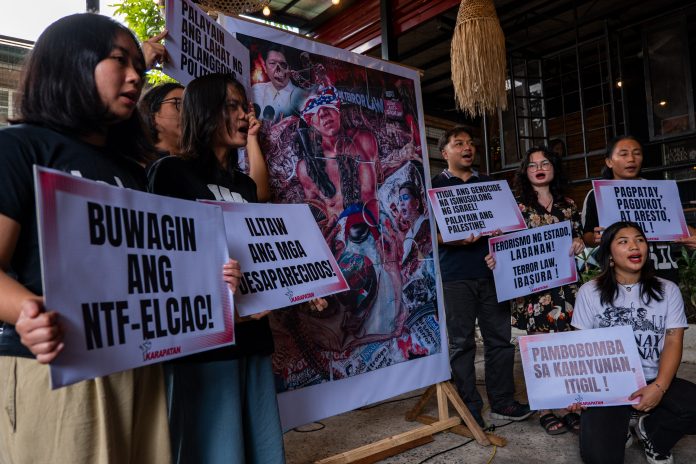Despite President Ferdinand Marcos Jr.’s assurances to the international community about his commitment to human rights, ongoing abuses tell a different story.
Carlos Conde, senior researcher at the Asia Division of Human Rights Watch (HRW), has noted that extrajudicial killings, harassment of activists, and red-tagging persist under the current administration.
“Nothing has changed in terms of the gamut of human rights violations we’ve seen under [former President Rodrigo] Duterte and even before that,” Conde said in an interview with LiCAS News on May 14.
“The only thing that has changed is the rhetoric from Mr. Marcos, who likes to tell the international community that he is cognizant of human rights,” he added.
Conde’s critique followed the creation of a Special Committee on Human Rights Coordination (SCHRC), tasked to “enhance the mechanisms for the promotion and protection of human rights” in the country.
In Administrative Order 22 issued on May 8, Marcos Jr. said it is “imperative to sustain and enhance the accomplishments under the UNJP (United Nations Joint Programme on human rights in the Philippines), which is set to expire on July 31, 2024, through institutionalization of a robust multi-stakeholder process for the promotion and protection of human rights in the Philippines.”
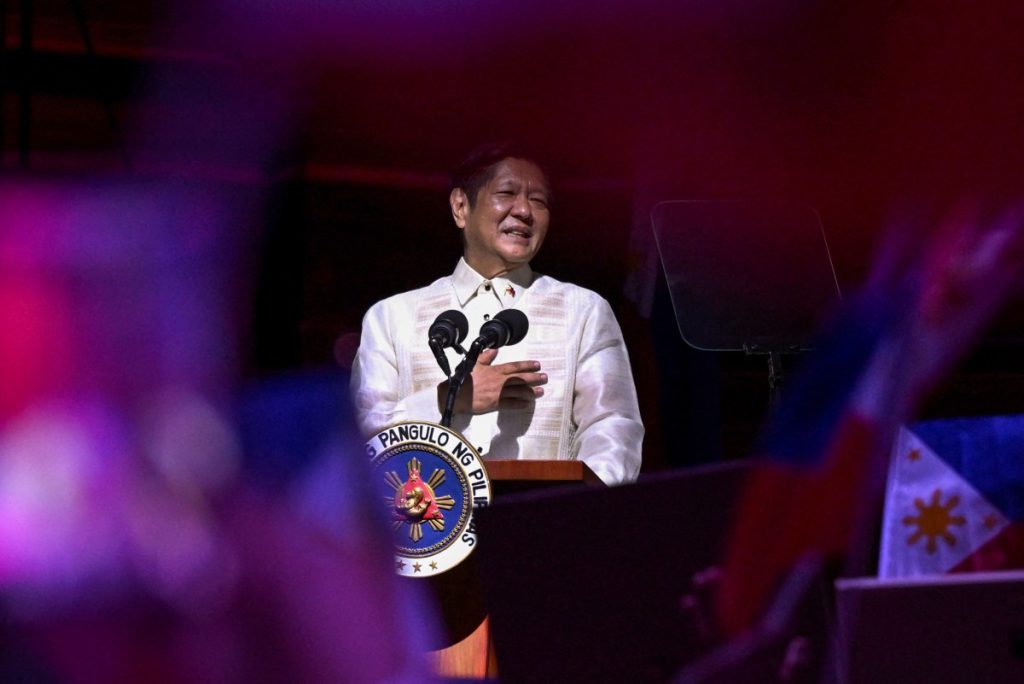
Human rights advocates have described the formation of the SCHRC as a superficial effort to improve the government’s human rights image.
The committee will be led by the executive secretary, with the Department of Justice (DOJ) secretary serving as co-chair. The secretaries of the Department of Foreign Affairs (DFA) and the Department of the Interior and Local Government (DILG) will also be members.
Conde claimed the committee “lacks credibility” and that the agencies involved “have no proven track record on [protecting] human rights.”
He pointed out that the SCHRC is “toothless,” adding another layer of bureaucracy rather than addressing the core issues, and that it is more about image management than substantive reform.
“This makes it seem like the problem of human rights in the Philippines is not that serious. When in fact, it’s still extremely serious,” he said. “The killings are still continuing, the attacks against activists are still continuing, red-tagging is still a policy, terrorist tagging. Nothing has changed.”
According to the human rights group Karapatan, at least 89 activists and political dissenters were killed under the Marcos Jr. administration from July 2022 to December 2023.
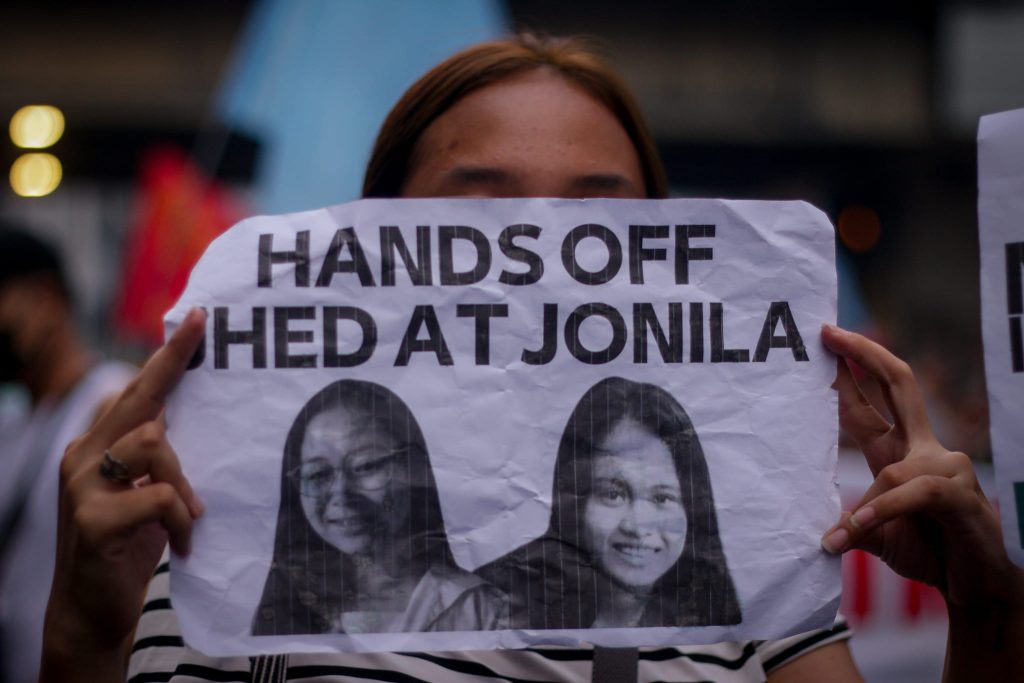
The group also documented as many as 1,609,496 victims who have been threatened, harassed, and intimidated under the Marcos Jr. government, “mainly through red- and terrorist-tagging.”
“The whole-of-nation approach deliberately blurs distinctions between armed combatants and unarmed civilians and systematically targets and persecutes activists and political dissenters who are viewed as part of the support infrastructure of the armed revolutionary movement,” the group said.
It added that this long-term government policy has been responsible for the steadily deteriorating human rights situation in both rural and urban areas, as well as the escalating violations of International Humanitarian Law.
Accountability and ICC
HRW and other human rights organizations argue that rhetoric alone is insufficient. They demand concrete actions, such as ending the drug war policy and abandoning the practice of red-tagging. More critically, they insist on accountability for past and ongoing abuses.
On Monday, the National Union of People’s Lawyers said that “regardless of how many committees” are created, “there will be no genuine improvement in the human rights situation if abuses are allowed to persist with impunity.”
The group lamented that the architecture of impunity is deeply embedded in counterinsurgency programs and counter-terrorism policies, fostering grave violations of human rights and breaches of international humanitarian law.
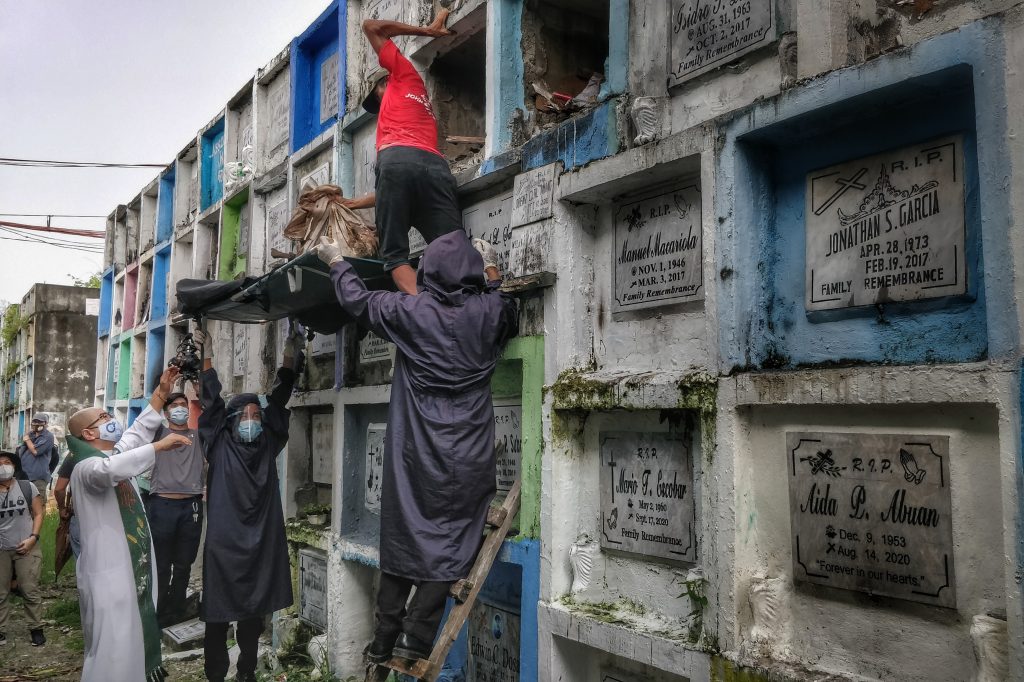
“These systemic roots of violations remain unaddressed, permitting state security forces to operate without accountability,” the NUPL said.
Conde reiterated the calls for the government “to categorically and unequivocally stop the drug war policy. Abandon it because it’s the one that’s underpinning all of this continued violence.”
“And also to stop the policy of red-tagging, to abolish the National Task Force on Ending Local Communist Armed Conflict that is doing a lot of this red-tagging,” he added.
HRW emphasized that accountability is crucial for addressing human rights abuses. This includes investigating, prosecuting, and convicting those responsible for the thousands of extrajudicial killings in the drug war and the attacks on political activists.
Conde highlighted the inconsistency of the Marcos administration’s position on human rights, particularly its refusal to cooperate with the International Criminal Court (ICC).
“Every time Mr. Marcos says he won’t cooperate with the ICC, it betrays not just the inconsistency in the position of the government on human rights, but the duplicity of the government when it comes to human rights,” Conde said.
He stressed that allowing the ICC to investigate is vital for achieving justice for the victims of drug war violence and other human rights violations.
“The government’s refusal to allow the ICC to investigate is a glaring contradiction to its professed human rights commitments,” Conde said.
He emphasized that the ICC represents the last viable international mechanism for ensuring accountability for the thousands of extrajudicial killings and human rights abuses that occurred during Duterte’s tenure.
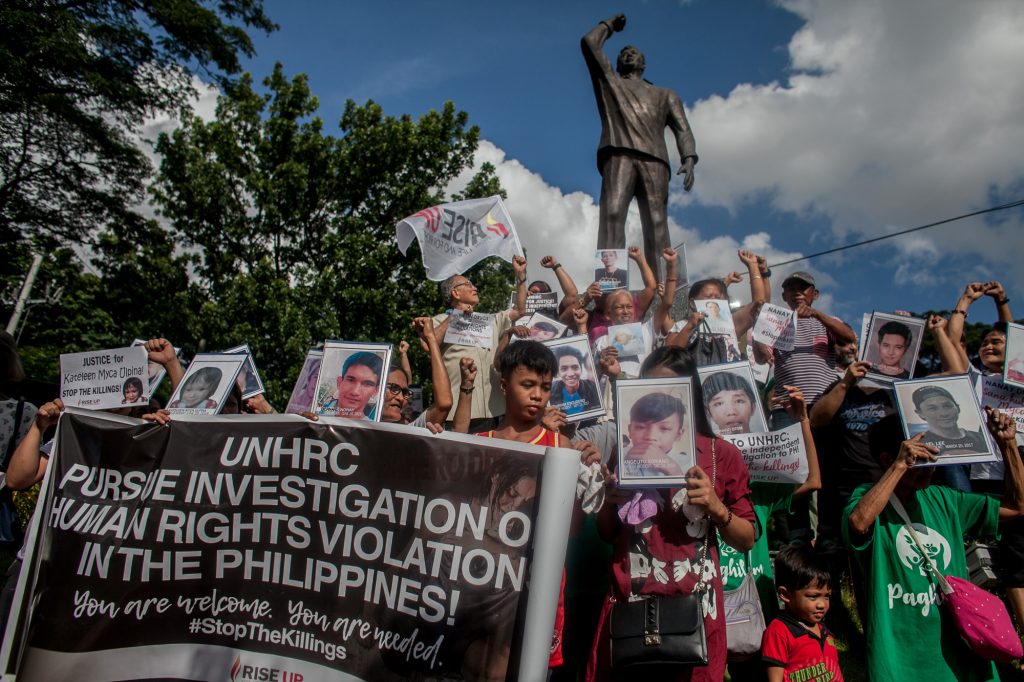
Strengthening human rights institutions
HRW also urged the Marcos administration to strengthen domestic human rights institutions. The Commission on Human Rights (CHR), a constitutional body, remains under-resourced and lacks prosecutorial powers.
“The CHR should be given a stronger mandate to do what the special body is supposed to do,” Conde suggested. “It needs more funding and the authority to investigate and prosecute human rights violations effectively.”
He also highlighted the need for structural reforms within the government to address human rights issues genuinely.
This includes enhancing the roles of human rights offices within the Armed Forces of the Philippines and the Philippine National Police and ensuring their proper function and independence from political influence.
The Philippines’ ability to improve its human rights record significantly hinges on its willingness to pursue justice for past atrocities and establish mechanisms for preventing future violations.
The Marcos Jr. administration’s next steps will be critical in determining whether its human rights rhetoric can translate into reform.

